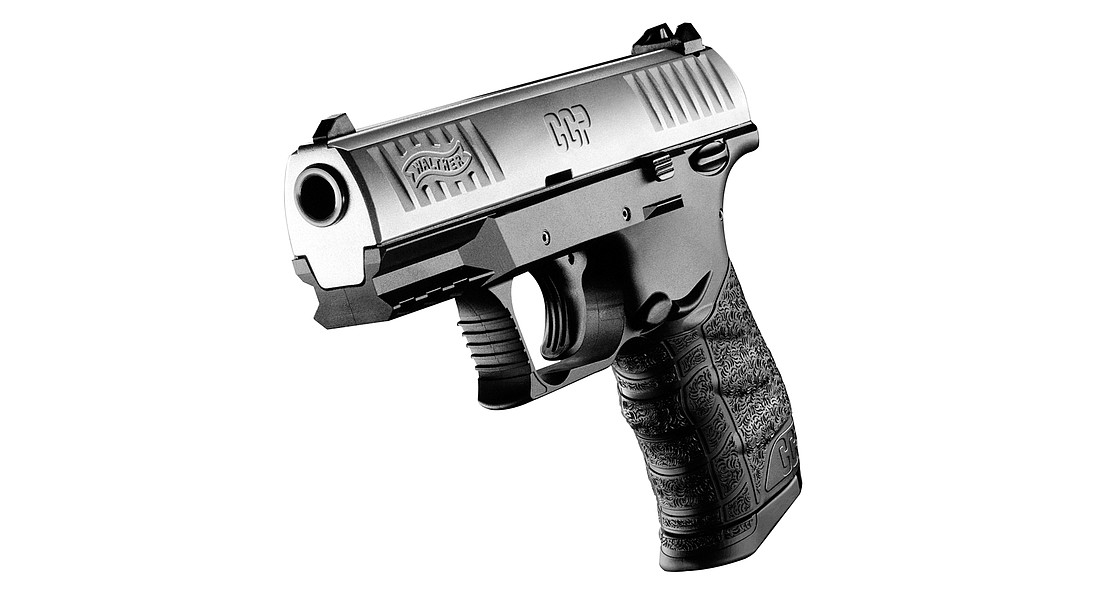- July 8, 2025
-
-
Loading

Loading

When President Obama wept Tuesday over the victims of the Newtown massacre, you might say the tears on his cheeks actually stoked the fires of what’s likely to be an intense gun battle in the Legislature starting next week.
Before year-end, two proposed gun bills — crafted to loosen Florida’s concealed weapons laws — made it through House and Senate committee hearings and are on paths that could have them end up on the House and Senate floors and possibly passed.
The House bills:
You can already hear the protests and references to Newtown, Colorado, Oregon and San Bernardino. And they would be understandable. Among non-gun owners, there’s an intuitive rejection of the idea of people carrying handguns in the open.
You can understand protesting the idea of someone’s freshman daughter sitting in a Florida State University classroom next to a student wearing a holster with a loaded gun. Or you can understand how someone immediately would feel on edge, probably fearful, standing in line at a Wawa when, say, three burly, bearded young men — like characters out of a Hollywood Western — walk in the store, each with handguns belted to their hips.
Who wants either of those instances?
But there is another side to this coin. In many states where carrying a firearm in the open is legal, the carriers must be licensed. They must have completed sanctioned gun-training courses and have complied with extensive background and personality checks. Indeed, Florida has exhausting requirements for someone to qualify to carry a concealed weapon. Read Chapter 790 of the Florida Statutes; there are 2,000 words that cover everything — mental health background, drug or alcohol use, criminal offenses, domestic violence and on and on.
The fact is if you sat in a classroom next to a Floridian with a concealed weapon inside his sport jacket, you actually should be relieved and feel safe — knowing that if some crazed gunman burst through the classroom door, there would be a trained, competent, law-abiding gun owner there to protect you.
Consider, too, these facts, courtesy of Rep. Steube: “After 28 years of data in Florida, licensed conceal-permit holders are six times less likely to commit a crime than law enforcement officers. Specifically, permit holders only commit misdemeanors and felonies at a rate of .0002% annually.”
And we all have learned this from the mass shootings: The perpetrators specifically target places where they know guns will be absent.
Given the current climate — terrorists increasingly targeting us, everyone feeling less safe — Reps. Steube and Gaetz’s gun bills are not out of the norm as much as you might think. We would favor giving them a try.
How other states regulate guns